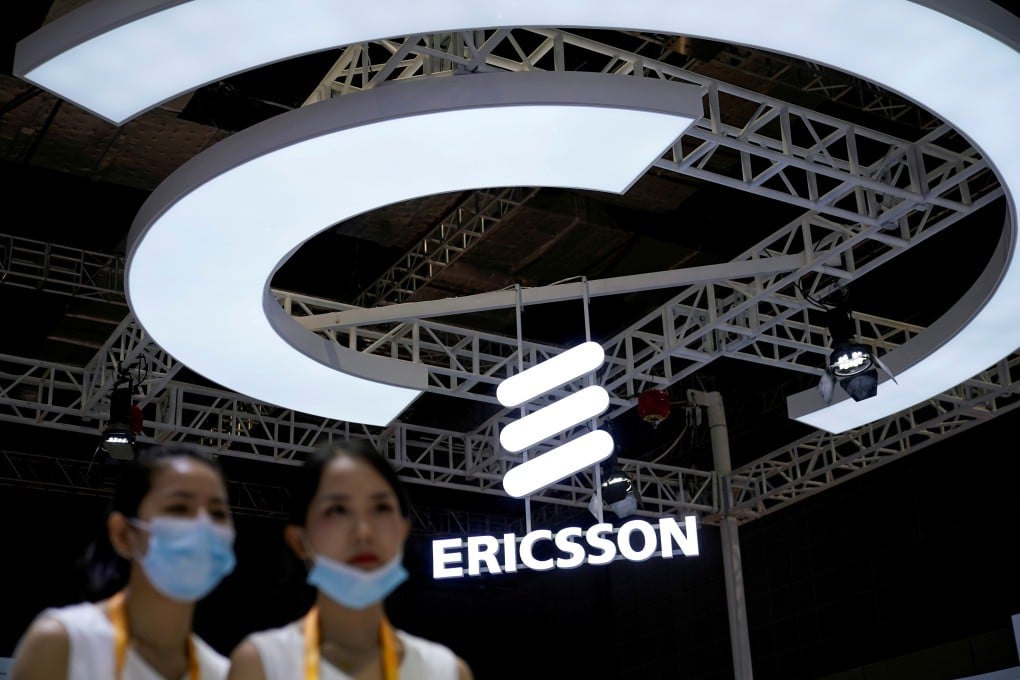Advertisement
Ericsson’s China chief remains hopeful on prospects in the country despite rising geopolitical tensions over 5G
- Ericsson’s China revenue tumbled in the second quarter by US$290 million, the first drop in three years
- Zhao said China’s application of 5G in industries remains at preliminary stage, with most traction for 5G traffic emanating from short-video platforms
Reading Time:2 minutes
Why you can trust SCMP

Ericsson’s China chief said the Swedish telecoms equipment giant’s operations in the country have been affected by geopolitical tensions after Sweden banned equipment made by Huawei Technologies Co from its 5G network but the company remains optimistic on its prospects.
“Companies don’t want to be taken hostage by politics, we hope to run businesses according to logic and the rules of the market, but unfortunately that’s not the reality,” said Zhao Juntao, Ericsson China CEO, in a press conference in Beijing on Tuesday.
Ericsson’s China revenue tumbled in the second quarter by 2.5 billion Swedish crowns (US$290 million), the first drop in three years. The company warned investors in July of “a materially lower market share in mainland China for networks and digital services” due to an earlier decision by Stockholm to exclude Chinese vendors from next generation 5G mobile networks in Sweden.
Advertisement
Ericsson was awarded about 2 per cent of a 5G contract by China Mobile this year, down from 11 per cent last year, Reuters reported earlier.

01:36
Chinese engineers from Huawei, China Mobile build world’s highest 5G base station on Mount Everest
Chinese engineers from Huawei, China Mobile build world’s highest 5G base station on Mount Everest
The company’s chief executive Borje Ekholm said at the time that the company did not intend to give up easily on China’s 5G market, which has the world’s largest 5G networks comprising 1 million 5G base stations across the country as of August.
Advertisement
Advertisement
Select Voice
Select Speed
1.00x